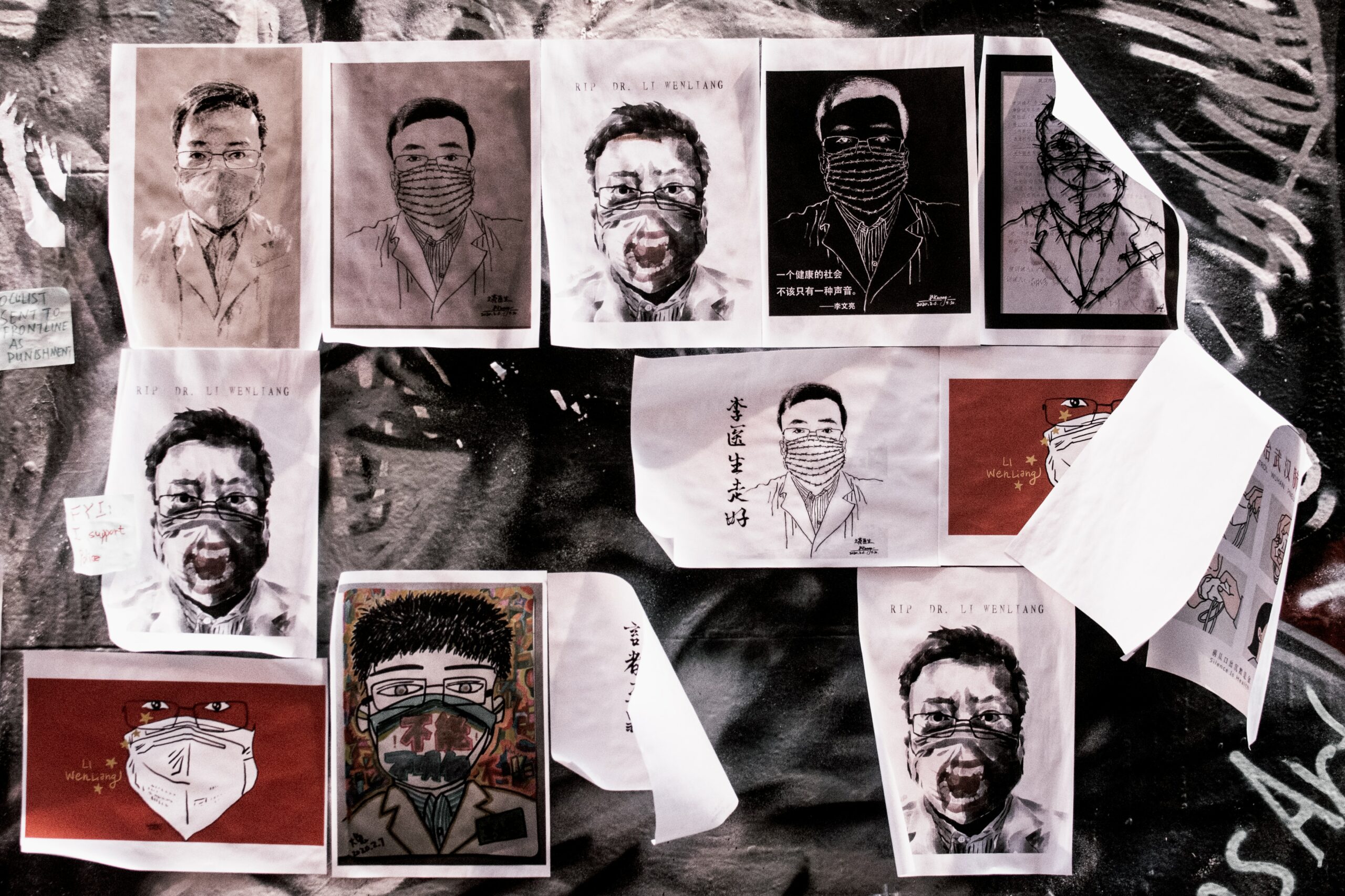 BBC News
BBC NewsBorrowing was £17.4bn last month, the second highest October figure since monthly records began in 1993.

Patrick Crowder
Whistleblowing is an important driver of change. When legislation fails, or when companies fail to follow legislation, whistleblowers are often the last line of defence against unsafe, immoral, and unfair working practices.
The whistleblowing hotline provider Safecall has analysed data from over 2.5 million employees to find out how the pandemic has affected the number of whistleblowers and the methods they use. Greg Ogle, Safecell’s client account manager who authored the report, explains why the research is necessary.
“The data is designed to inform and help organisations make better decisions when it comes to establishing whistleblowing arrangements. It should help HR and health & safety managers or departments to determine and measure performance of their organisation against their peers.”
Safecall found that HR was the most commonly reported department, making up 55% of all reports in 2021. While the complaints included instances of bullying and racism, the most common reason for HR-related reports was ‘unfair treatment’.
Tim Smith, who is Safecall’s operations director, says that he has seen a shift towards whistleblowing as a result of the pandemic.
“The pandemic seems to have accelerated different patterns of working and behaviour. This, in turn, has made more employers look at culture change and that has prompted greater interest and use of whistleblowing services,” Smith says.
Culture change certainly had an impact, but there is also the simple reason that there were more health and safety concerns during the pandemic than normal. Beyond the threat of the virus, new ways of working led to different challenges in terms of both health and safety and fair employee treatment.
The number of health and safety reports is still elevated, but there are still fewer reports than in 2020 when we began to see the pandemic’s affect on the workplace.
https://www.safecall.co.uk/en/